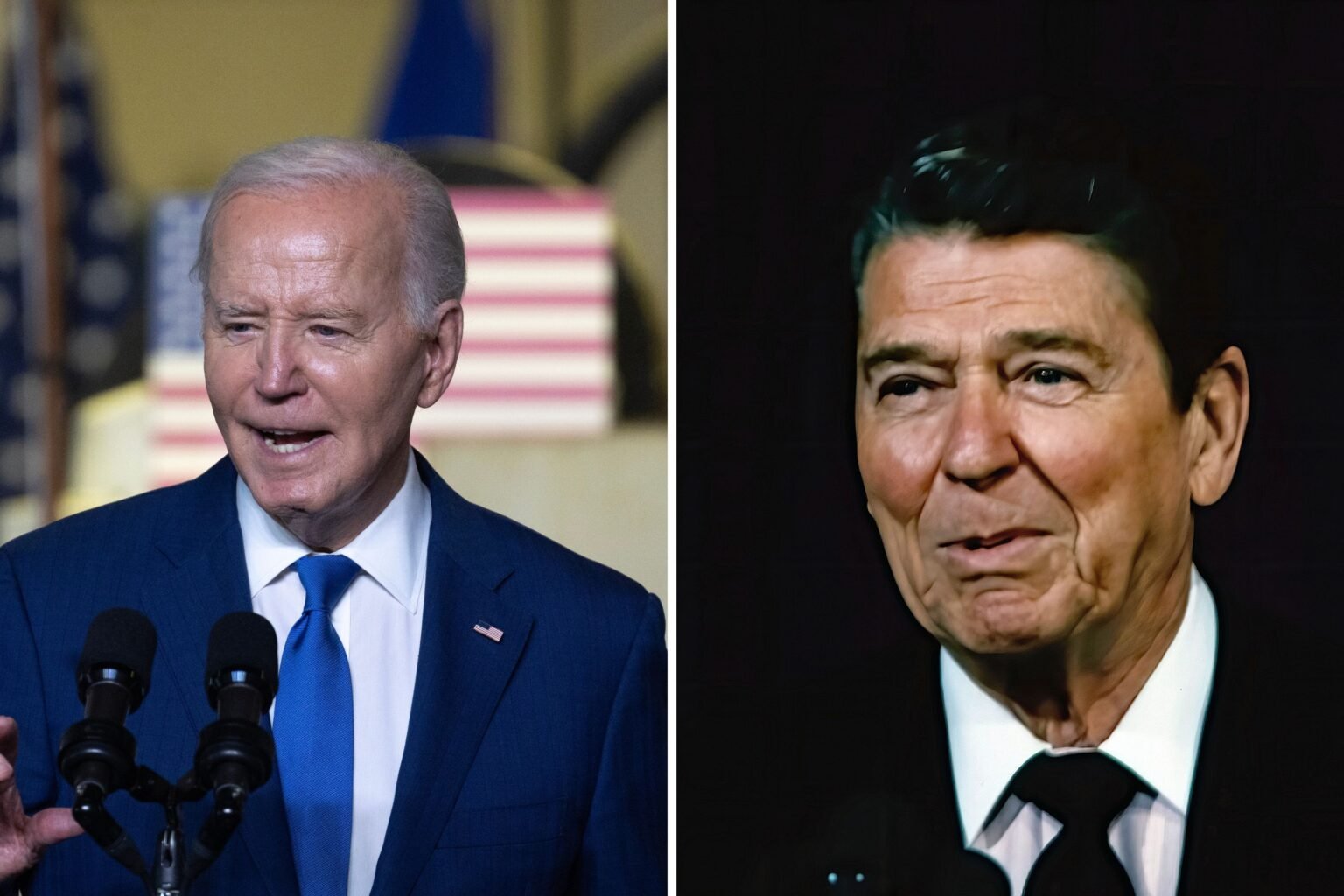In the midst of the Israel-Hamas conflict, President Joe Biden stated that he would withhold certain weapons from Israel if they launched an invasion of Rafah, a city in Gaza with a large civilian population. This decision was met with criticism from Republicans, who compared it to former President Ronald Reagan’s similar stance to leverage military aid to Israel during their war in Lebanon in the 1980s. Reagan had halted shelling by Israel during the conflict and used American arms to influence Israeli war policy, raising questions about the effectiveness of using military aid as leverage.
Senator Lindsey Graham, a South Carolina Republican, condemned Biden’s decision to withhold weapons from Israel, calling it the “worst decision in the history of the U.S.-Israel relationship.” He compared it to the U.S. dropping nuclear bombs on Hiroshima and Nagasaki to end the war with Japan, arguing that Israel should be given the weapons it needs to end the conflict with Hamas. Other Republicans, like Representative Michael McCaul of Texas, also criticized Biden’s decision, citing Reagan’s actions as a precedent for leveraging military aid as a means to influence Israel’s policy.
Senator Rick Scott, a Florida Republican, expressed concern over Biden’s decision, stating that Israel has no choice but to destroy Hamas, as the last battalion of Hamas is primarily in Rafah. He labeled Biden’s decision as a “horrible message for Israel” and emphasized the need for Israel to take action in order to survive as a Jewish state. However, Biden’s stance aligns with recent comments made by U.S. Secretary of State Antony Blinken, who raised “serious concerns” about Israel’s conduct in Gaza and its compatibility with international humanitarian law.
As the debate over Biden’s decision continues, the controversy surrounding Israel’s military actions in Gaza persists. The State Department’s ongoing assessment of Israel’s conduct highlights the complexity of the situation and the challenges of balancing humanitarian concerns with national security interests. Republicans and Democrats alike are grappling with how best to navigate the U.S.-Israel relationship in light of the Israel-Hamas conflict and the broader implications for peace and stability in the region.
Ultimately, the issue at hand raises questions about the role of the U.S. in mediating conflicts and leveraging military aid to influence policy decisions. The comparison to Reagan’s actions in the 1980s sheds light on the historical precedent for using military aid as a means to shape foreign policy outcomes. As the situation in Gaza continues to unfold, the U.S. government faces pressure to strike a delicate balance between supporting its allies and upholding international norms of conduct in conflict zones.








